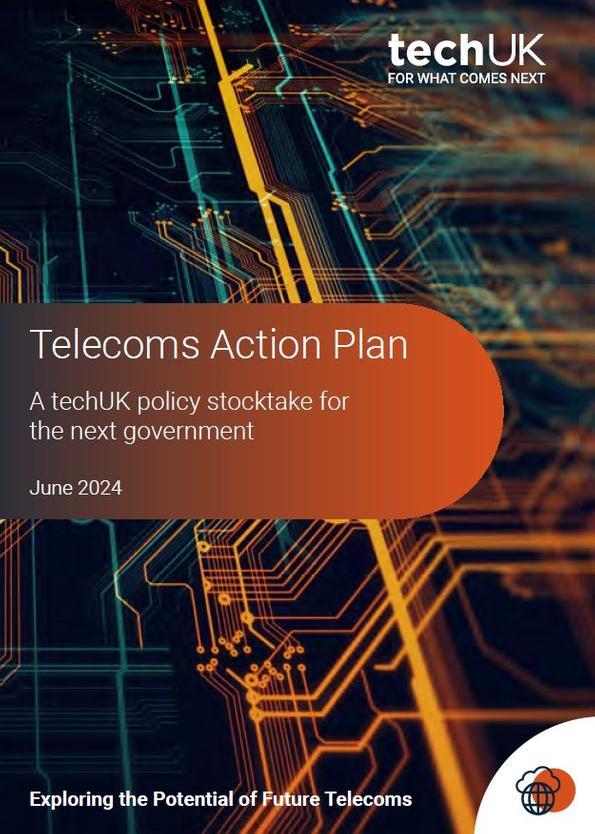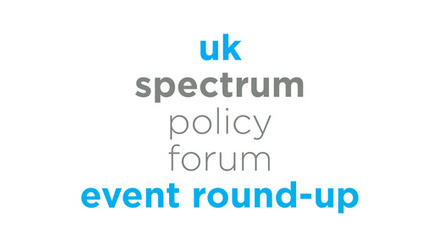Ofcom is taking steps to unlock connectivity in major cities
As the UK prepares for a future powered by 5G, Ofcom is taking steps to unlock critical mmWave spectrum in major cities, paving the way for high-speed, high-density connectivity. This new auction decision outlines licensing processes, protections, and opportunities for innovative spectrum use in the 26 GHz and 40 GHz bands. Below, we dive into how Ofcom’s approach will shape the future of wireless broadband, set the stage for cross-industry collaboration, and support transformative applications across the country.
The new approach
Ofcom is enabling the industry to access a substantial amount of spectrum in the 26 GHz and 40 GHz bands—collectively referred to as “mmWave spectrum”—to support new services, including 5G. Together, Ofcom is making available 6.25 GHz of spectrum in the 26 GHz-40 GHz band range. Ofcom plans to auction licences for spectrum in the 25.1-27.5 GHz and 40.5-43.5 GHz bands in select areas of the country, focusing on major towns and cities where the demand for mmWave deployment is anticipated to be highest.
By making mmWave spectrum available for new applications, Ofcom aims to unlock significant benefits for individuals and businesses in the UK. Additionally, Ofcom is making mmWave spectrum licences available on a local basis through its existing Shared Access licensing framework.
Spectrum considerations
The final draft regulation will focus exclusively on high-density areas in the UK. In its information memorandum, Ofcom defines these high-density areas as major cities where mmWave deployments are expected to be highest. In these locations, licences will primarily be available by auction on a first-come, first-served basis under the Shared Access framework.
Allocations in the adjacent 25.1-27.5 GHz band must not cause harmful interference to primary services nor claim protection from it; however, secondary services can claim protection from harmful interference by subsequently granted secondary services.
The auction design accounts for awards in the upper part of the 26 GHz band, where allocations will be made within the same band until mid-2029. For the 40.5-43.5 GHz range, Shared Access will be available from 2028 onward on a first-come, first-served basis in low-density areas. This range, initially designated for wideband 5G services in the WRC-2015, is prioritized for 5G deployment in Europe.
Following CEPT harmonization decisions, Ofcom has deemed it suitable to authorize spectrum use in these relevant frequencies. Although not part of UK law, these decisions establish standards for spectrum use and equipment development within the EU single market, aligning with the UK’s involvement in harmonizing frequencies for terrestrial wireless broadband services.
Decision-making criteria
Ofcom’s non-technical conditions will take into account geographical boundaries and conditions for trading and leasing, among other criteria. Licence holders may not lease or assign awarded licences but may transfer rights with Ofcom’s consent. Ofcom retains the authority to assess potential competition distortion from such transfers.
Similarly, awarded licences will not confer exclusive spectrum rights. Ofcom will retain the ability to issue Local Access licences and Innovation and Trial licences within these bands. Although there will not be use it or lose it requirements, Ofcom may establish roamng conditions in the future.
Telecoms Action Plan: a techUK policy stocktake for the new government
The Telecoms Action Plan – formed by techUK’s Communications Infrastructure and Services Programme – is structured as both a review and reflection on previous policy interventions, including the 2023 Wireless Infrastructure Strategy, and outlines a range of recommendations that new Labour policymakers can enact after 5 July 2024.
The recommendations are informed by industry – and provide a set of clear wins that build on the successes of previous actions, or fulfils plans and ideas that were not able to complete in the previous government.
Exploring the Potential of Future Telecoms
Visit our Future Telecoms Hub to learn more or to register for regular updates.
Future Telecoms is techUK’s exploration of what the connectivity of tomorrow will look like. We will highlight the criticality of communications to our future prosperity and economic growth, and how the future telecoms ecosystem acts as the engine of innovation. Visit our Future Telecoms Hub to learn more or to register for regular updates.
Upcoming Future Telecoms events
Latest news and insights
Communications Infrastructure and Services updates
Sign-up to get the latest updates and opportunities from our Communications Infrastructure and Services programme.
Contact the team
Learn more about our Future Telecoms campaign


















